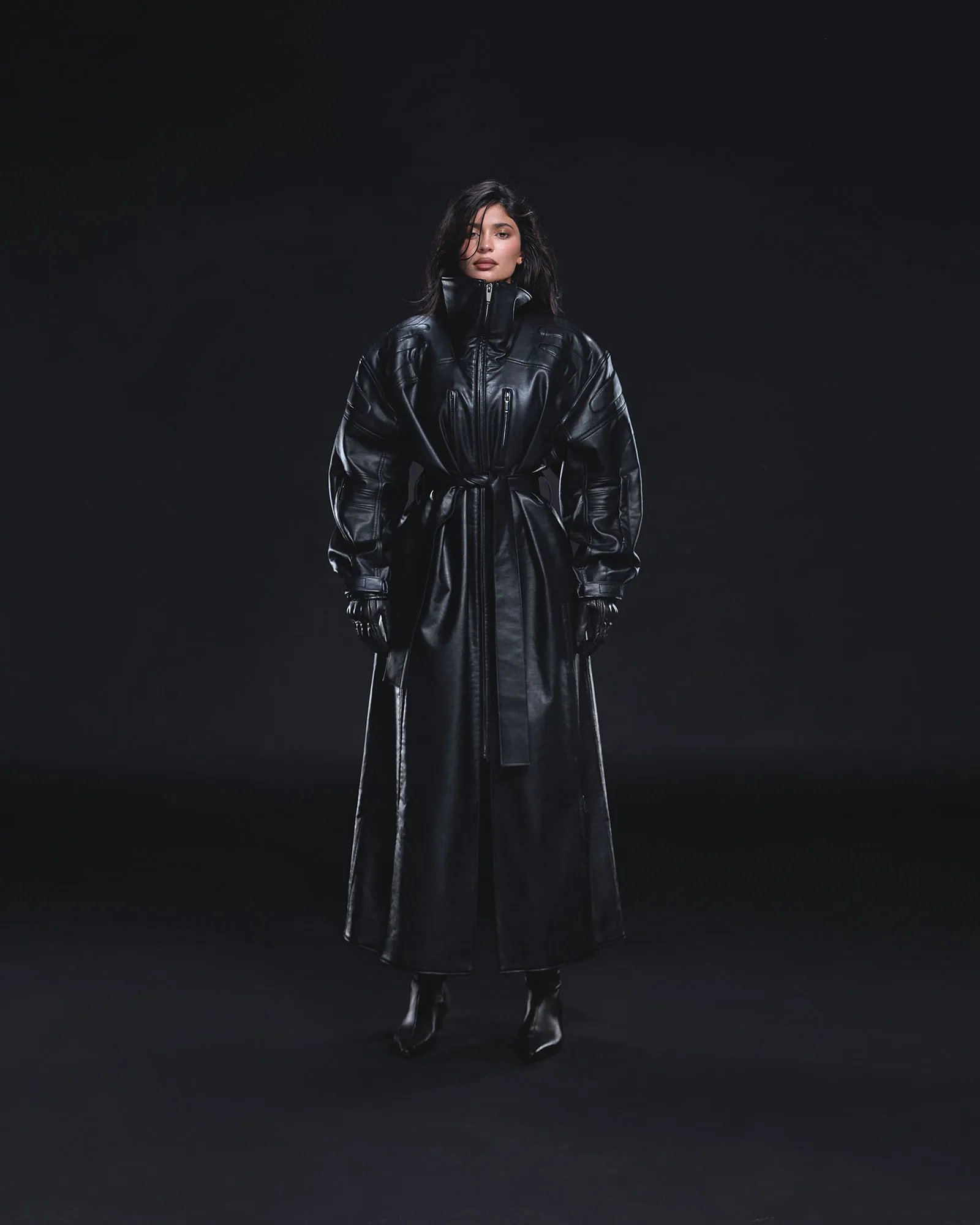Khy, Kylie Jenner’s new brand, has been accused of replicating designs.

Summary of Content: Fan reactions and accusations of plagiarism Kylie’s blaming of the young designer The issue of plagiarism in fashion
Kylie Jenner recently launched her fashion brand, Khy, and it immediately stirred controversy. This is because @betsyjohnson_, a young designer, has accused Kylie of stealing her ideas and drawing too much “inspiration” from her brand @products.ltd without proper credit. The similarities between the creations are indeed striking. But do these resemblances suffice to call it plagiarism? Where is the line between inspiration and appropriation of someone else’s work? Let’s review and summarize the accusations (new and old) regarding this plagiarism issue.
Fan Reactions and Accusations of Plagiarism: As soon as Jenner tagged Khy’s official account in her Instagram post, attracting tens of thousands of followers within less than 24 hours, curiosity about the new project surged. However, along with the excitement came criticism and accusations of creative theft. Many argue that the brand’s pricing is relatively low (the first collection is expected to be priced under $200), while others believe that this celebrity lacks original inspiration for her designs as they closely resemble products from rival brands like The Row.
Source: US MAGAZINE Even a third-party public opinion group speculated that the lack of uniqueness in the designs is due to Kylie’s attempt to outshine Sofia Richie in launching her own fashion line. The harshest criticism came from Betsy Johnson, a young designer of the brand Products by Betsy Johnson. She accused the founder of Kylie Cosmetics of stealing her ideas without proper acknowledgment and pointed out the similarities between her creations and Kylie’s.
Kylie Blaming the Young Designer: Betsy Johnson isn’t the first to accuse Kylie of appropriating others’ works without their consent. Over the years, several designers and artists have claimed that their creations were not acknowledged or were “inspired” openly by celebrities. For instance, when Jenner released her viral lip kit, observers noticed undeniable similarities with the work of makeup artist Vlada Haggerty. Kylie avoided lawsuits by making minor alterations.
Names of those whom Kylie and her brands are alleged to have unlawfully copied include Anastasia Beverly Hills, Trixie Mattel, and British artist Sarah Pope. Even her once close friend, Madison Beer, wasn’t given proper recognition. A few years ago, Madison expressed frustration over an eyeshadow palette purportedly a collaborative product but later released under the name Kylie Cosmetics.
The Issue of Plagiarism in Fashion: For Kylie, being accused of plagiarism has almost become a habit, and it’s the same for many other brands.
Social media now plays a supportive role in the call-out culture of the online community. Sometimes they’re right, sometimes not. Do you remember when Jean-Paul Gaultier and the modern rendition of the trompe l’oeil dress co-signed by Lotta Volkova were accused of copying a contemporary Spanish designer named Sergio Castaño Peña? In this case, Maison’s critics were mistaken due to ignorance, as the referenced dress was a vintage piece designed by Gaultier in 1984.
This small example illustrates how pointing out similarities and acts of appropriation may seem straightforward, but the details are numerous, and this is inherent to the fashion industry. It’s challenging to delineate between respecting ideas, drawing inspiration, and outright plagiarism, yet this phenomenon persists, with lesser-known artists often being the victims.
The issue is, how can these small businesses protect themselves when evidence of plagiarism is too authentic and blatant to ignore? Sometimes, all they need is proper acknowledgment—whether through a mention, a thank-you note, or some form of commercial agreement. This benefits both parties.

